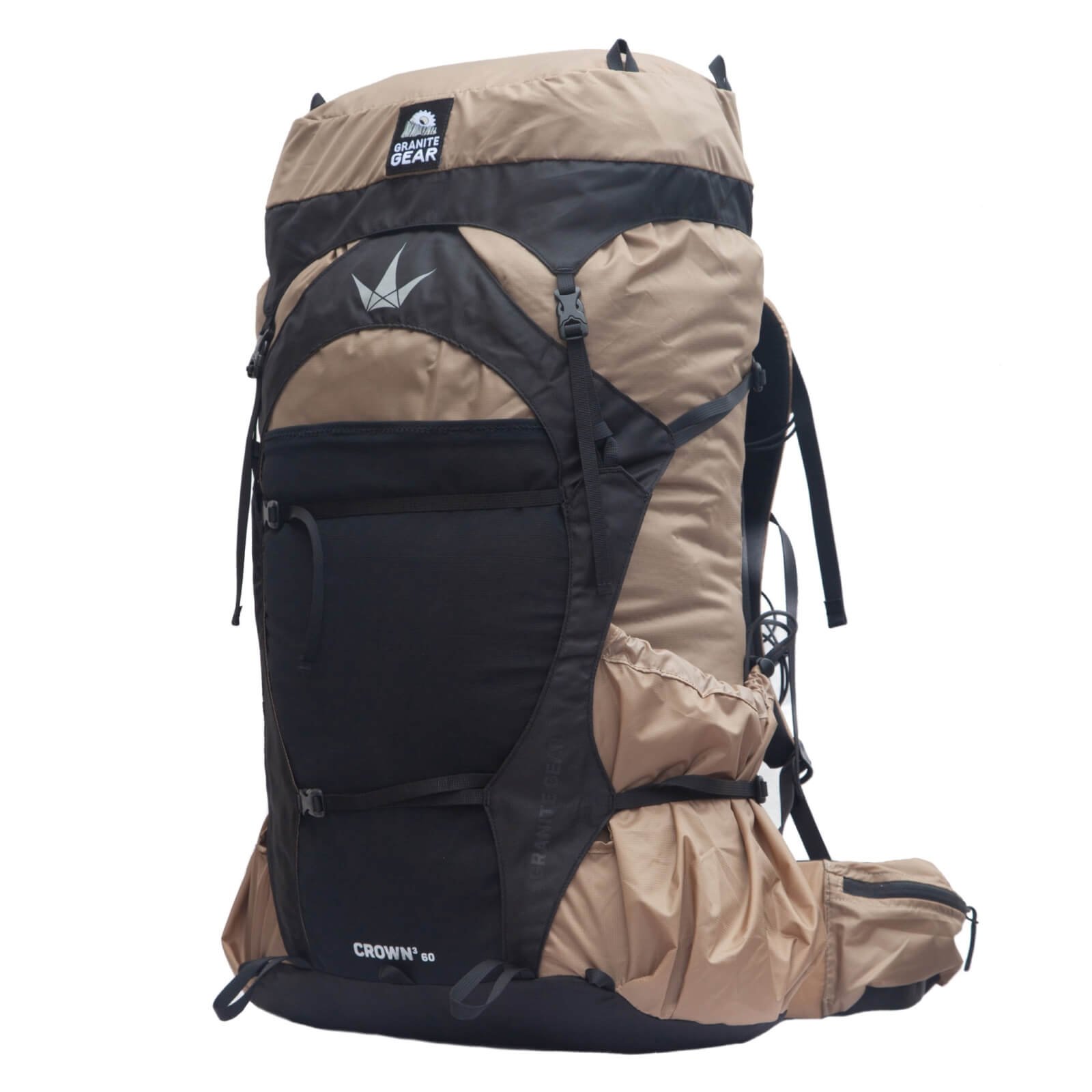This Content Is Only For Subscribers
backpacks.jpg)
In the evolving landscape of backcountry travel, where every ounce matters and every step counts, ultralight gear is no longer a niche—it’s the new normal. Among the pack-makers redefining what’s possible in minimalist backpacking, Granite Gear stands out not just for shaving weight, but for doing so without sacrificing structure, comfort, or durability.
At the heart of its innovation are the Ultralight Packs, designed specifically for thru-hikers and long-distance trekkers who demand a delicate balance between function and featherweight.
What sets Granite Gear apart isn’t flashy gimmicks—it’s engineering discipline. The Ultralight Pack series is built using high-tenacity Robic nylon, a material chosen for its unusually strong tear resistance-to-weight ratio. This isn’t the paper-thin material often associated with ultralight packs; Robic nylon has been tested to perform under the strain of wet alpine crossings, dense brush, and weeks on-trail without the familiar fraying and tearing found in lesser fabrics.
Seams are strategically minimized and reinforced at high-stress points, reducing potential failure zones. The pack frames use removable aluminum stays and foam back panels, allowing hikers to customize their load support depending on the terrain. Granite Gear’s signature load transfer systems direct weight from the shoulders to the hips without compromising pack flexibility, an advantage that becomes critical during long hauls through varied terrain.
The brand also integrates compression systems that allow the pack’s profile to adapt to different load sizes, a small but significant touch for those trying to maintain center-of-gravity efficiency on uneven trails.
For serious long-distance hikers, these aren’t just features—they’re essentials. During the 2023 hiking season on the Pacific Crest Trail, Granite Gear was frequently cited by users in online trail logs and forums such as Backpacking Light and Reddit’s r/Ultralight community. One hiker described the pack as “a miracle of balance—light enough to forget it’s there, tough enough to trust it won’t bail when the trail gets gnarly.”
According to a 2023 gear usage survey conducted by The Trek (a widely respected long-distance hiking outlet), Granite Gear was among the top three most-used backpack brands on the Appalachian Trail and Continental Divide Trail. The survey noted that hikers who selected Granite Gear often did so for the balance between durability and comfort, ranking it above several ultralight competitors in long-term satisfaction.
Unlike some ultralight brands that aim for absolute minimalism, Granite Gear maintains a pragmatic approach. While packs in this line typically weigh between 2 to 2.5 pounds—well below the average for traditional framed packs—they still include padded hip belts, side and front mesh pockets, and robust suspension systems. It’s ultralight with a safety net.
That philosophy resonates with veteran hikers. “The Granite Gear pack didn’t demand that I suffer for every ounce saved,” says Aaron, a triple-croowner based in Flagstaff. “It was just light enough to make a difference and just tough enough to not worry. That balance let me focus on the trail, not on my gear.”

The company has also made quiet improvements in sustainability, sourcing bluesign®-approved materials for many components and optimizing pack design to reduce fabric waste during manufacturing—an increasingly important factor among eco-conscious consumers.
In an age where outdoor gear sometimes favors eye-catching features over real-world function, Granite Gear’s Ultralight Packs reflect a different kind of progress—refinement, not reinvention.
They’re not chasing trends; they’re listening to hikers, watching how the gear is used on actual trails, and applying decades of technical knowledge to build packs that serve the journey, not the marketing department.
For those who measure weight in grams and durability in trail miles, Granite Gear has quietly earned its place in the pack—light on flash, heavy on trust.



